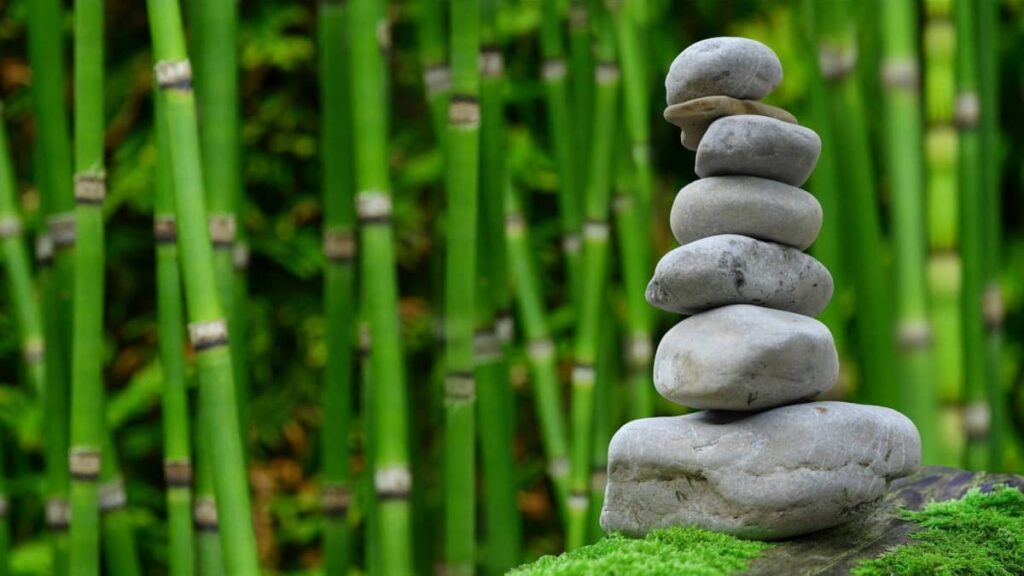Table of Contents
Introduction
In the vast expanse of the natural world, a delicate equilibrium reigns supreme. Every element, from the tiniest microorganism to the mightiest predator, plays a crucial role in maintaining this balance. The concept of the balance of nature encapsulates the intricate web of relationships that govern ecosystems worldwide. In this comprehensive exploration, we delve into the depths of this phenomenon, unravelling its significance, challenges, and implications.
Understanding the Balance of Nature
Nature operates on a finely tuned system of checks and balances, where each organism and component contributes to the overall harmony of the environment. Biodiversity, the variety of life forms within an ecosystem, is the cornerstone of this balance. Every species, no matter how inconspicuous, serves a purpose, whether it be as a pollinator, decomposer, or prey. The Role of Interdependence:
At the heart of the balance of nature lies the concept of interdependence. Species rely on one another for food, shelter, and other resources, creating intricate food webs and symbiotic relationships. A disruption in one part of the web can reverberate throughout the entire ecosystem, leading to cascading effects that can destabilise the balance.
Challenges to Balance
Despite its resilience, the balance of nature faces numerous threats in the modern world. Human activities such as deforestation, pollution, and overexploitation of resources have taken a toll on ecosystems worldwide. Climate change, driven by greenhouse gas emissions, poses an existential threat to the delicate equilibrium that sustains life on Earth. The loss of habitat, fragmentation of ecosystems, and introduction of invasive species further compound these challenges, disrupting natural processes and altering landscapes irreversibly.
Preserving the Balance
As stewards of the planet, it is our responsibility to protect and preserve the balance of nature for future generations. Conservation efforts, sustainable practices, and environmental stewardship are essential tools in this endeavour. By fostering a deeper understanding of the interconnectedness of all life forms, we can work towards restoring and maintaining the balance of nature.
Protected areas, such as national parks and wildlife reserves, play a crucial role in safeguarding biodiversity and providing habitats for endangered species. Additionally, initiatives to mitigate climate change, such as reducing carbon emissions and transitioning to renewable energy sources, are imperative in preserving the stability of global ecosystems.
Conclusion
The balance of nature is not merely a theoretical concept but a fundamental reality that shapes the world around us. It is a testament to the resilience and complexity of ecosystems, showcasing the beauty and intricacy of life on Earth. As we navigate the challenges of the 21st century, let us remember our role as caretakers of this planet and strive to uphold the delicate balance that sustains us all. Through collective action and a commitment to sustainable living, we can ensure a harmonious coexistence with nature for generations to come.
For More Information Please Visit These Websites Viprow And Vecteezy

